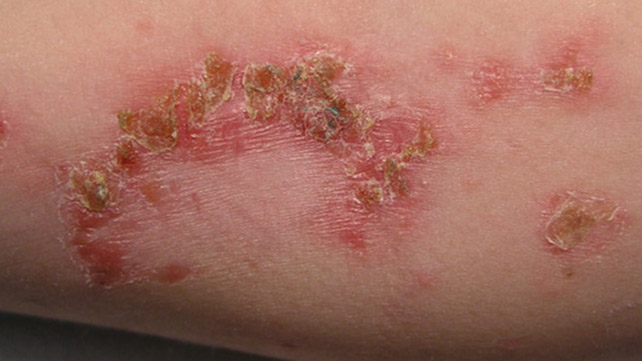Do you know that harmful bacteria cause bacterial infection? Healthcare providers prescribe antibiotics depending on bacterial infections.
This article discusses essential information about bacterial infections. It explains the symptoms and causes of bacterial infections. We have also covered treatment options and preventive measures. Let’s find out.
What is Bacterial Infection?
A bacterium is a single cell that can survive inside the body or outside of it. Most bacteria aren’t harmful inside our skin. Bacteria in our intestines help to digest food, some bacteria affect many parts of your body. It includes your throat, lungs, skin and bowel.
Many infections are severe such as Legionnaires’ disease, strep throat and tuberculosis.
What are the Symptoms of a Bacterial Infection?
The symptoms of a bacterial infection depend on the type of bacteria. There are some signs:
- Fever
- Fatigue
- Inflamed lymph nodes in your neck
- Headache
- Nausea
- Vomiting
Causes of Bacterial Infections?
Bacterial infections occur when bacteria enter your body and increase in number. This causes an immune reaction such as:
- Cut on the Skin
- Eating contaminated food
- Inhaling in infected droplets from ill person
- Touching dirty surfaces and bring them to your eyes, nose, or mouth
Bacteria also transmits by contact with blood due to viruses, parasites and fungi.
Bacterial infections and Weather events
The risk of getting a bacterial infection increases when you drink flood water i.e. storms.
Touching items affected by flooding also increases the chances of bacterial infection, must avoid contact with flood water. Practice good hygiene with soap and water or use hand sanitizer.
When should I see my doctor?
Signs you are suffering from bacterial infection depend on the part of your body that is infected. You should see a health physician, in case:
- Fever or Chills that occurs frequently
- Severe headache
- Eye redness
- Pus or conjunctivitis
- Frequent pain in ear
- Runny nose
- Breathing difficulty
- Coughing along with blood
- Frequent vomiting
- Stomach pain
- Blood in your stool
- Urine that is smelly, it may contain blood
- Skin redness
- Skin wound that is red, has pus also
- Difficulty in Eating and drinking fluids
- Weight loss
How are Bacterial Infections Treated?
Antibiotics treat serious bacterial infections and kill the bacteria or stop multiplying. This helps the immune system fight the bacteria with your doctor’s choice of antibiotics. Treatment of medicines will depend on the bacteria that is causing your infection. Antibiotics that work against a range of bacteria, but antibiotic resistance is a growing problem.
How Can We Prevent Bacterial Infections?
Bacterial infections are contagious and spread between people via:
- Coughing
- Sneezing
- Vomiting
- From sexual activities
- Sharing Dirty Needles
You should take care to avoid infections by:
- Washing your hands.
- Covering up when coughing
- Not sharing drink bottles
- Having safe sex
- Not sharing needles
Complications of Bacterial Infections
It’s important to get treatment because untreated bacterial infections lead to cellulitis. We can call it a spreading skin infection. Untreated bacterial infections sometimes lead to life-threatening issues. Septicaemia is a blood infection which is serious because bacteria can cause blood poisoning. Sepsis happens when the body damages its own tissues while responding to the infection. It can cause shock and organ failure, therefore need to be treated quickly. Sepsis can be fatal if not treated quickly and you should call triple zero (000) for an ambulance. Ask your doctor whether you are experiencing Sepsis with following reasons:
- You are feeling unwell and not getting better from an illness.
- Your fever is getting worse.
- There is any risk of infection.
Key Takeaways
Bacterial infections are quite different according to the type involved. Its cause and location all influence your infection. Symptoms vary a great deal and worsen with severe complications. Treatment options depend on the particular bacterial infection you’re likely going to have. Using an antibiotic when having a bacterial infection is never a good idea. Your infection gets worse from taking the wrong medicine along with developing bacterial resistance. If you use antibiotics and need treatment, talk to your healthcare provider.


